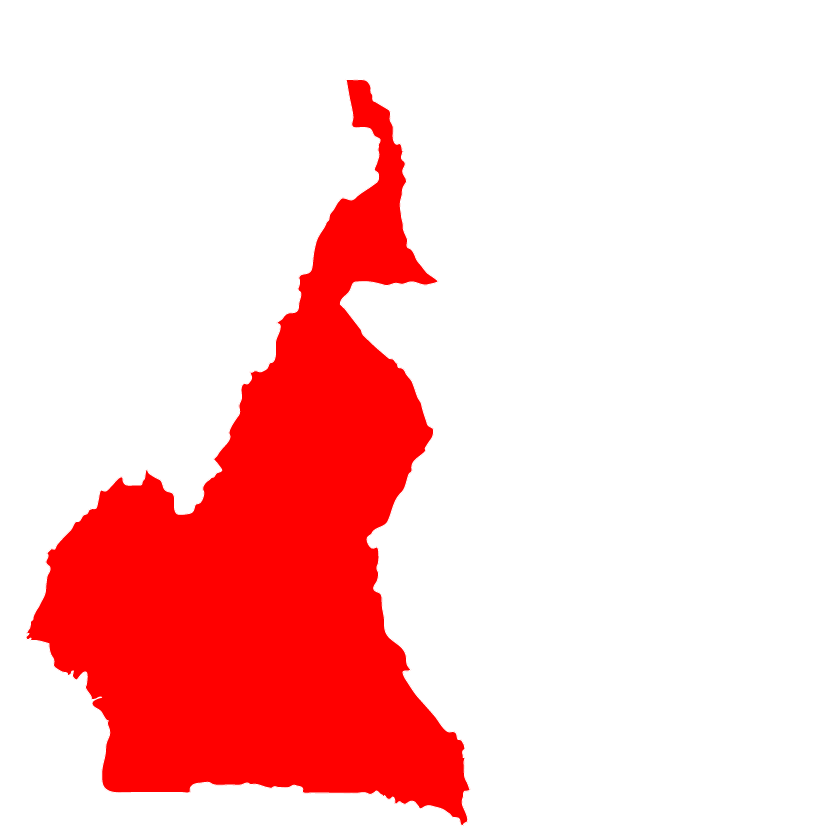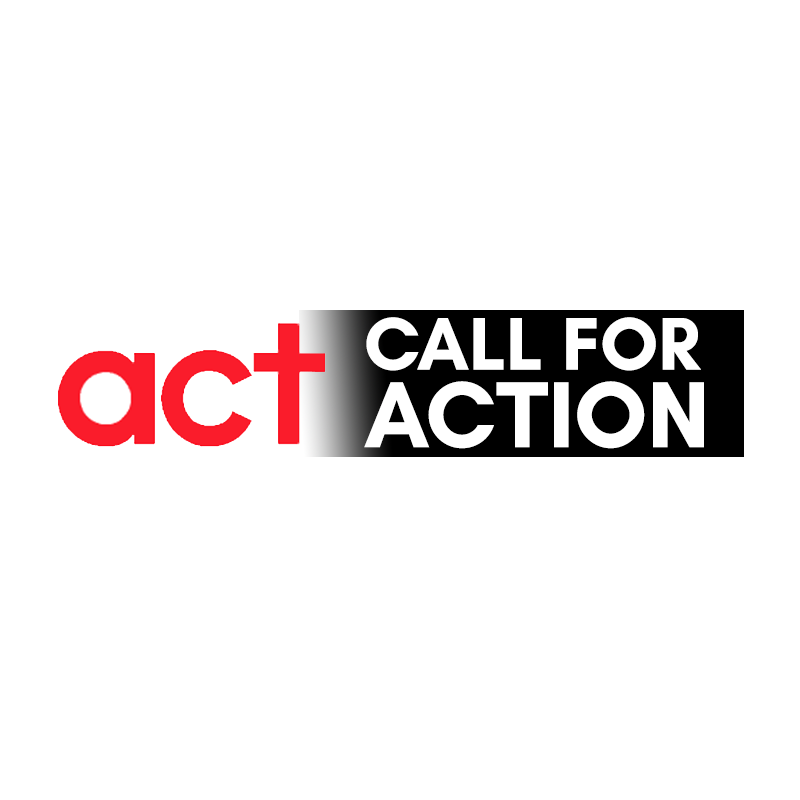The Famine Early Warning Systems Network (FEWSNET) has warned that there is an increased probability of drought induced El Niño weather conditions expected in the Southern part of Africa; including Zimbabwe during the upcoming 2018/2019 agricultural season. Based on the El Niño forecast (Oct 2018-Jan 2019) and looking at similar trends in previous years, below-average rainfall and a late start of erratic rains will lead to crop failure.
The Zimbabwe Vulnerability Assessment Committee (ZIMVAC) 2018 report estimates that 1.5 million people in rural and urban areas will require food assistance during the lean season and currently communities in Matabeleland North, South and Masvingo are already in urgent need of food assistance. As the lean season intensifies food prices are also on the increase, especially staple cereal food items.
The drought situation in Zimbabwe is compounded by economic challenges in Zimbabwe as some households in deficit producing areas are already experiencing Crisis (IPC Phase 3). Households are already reducing the number of meals and portions of food taken per day and consuming less preferred foods as the 2018-19 lean season gets under way.
The emergency response is currently being coordinated by Zimbabwe Ministry of Labour and Social Welfare with support from UN Agencies who are currently doing Cash transfers and in-kind food distribution (WFP and FAO). Various District Governments in Zimbabwe are coordinating meetings with all stakeholders.
The ACT Zimbabwe forum members Christian Aid and Danish Church Aid are planning to submit a concept note to provide food assistance and protect the lives of livestock using mobile money transfers to ensure that the drought affected persons’ basic needs are met with regards to food security and livestock protection. Furthermore, ACT Zimbabwe Forum will engage in advocacy on the national and international level to ensure that the voices of those affected by the drought are amplified.








